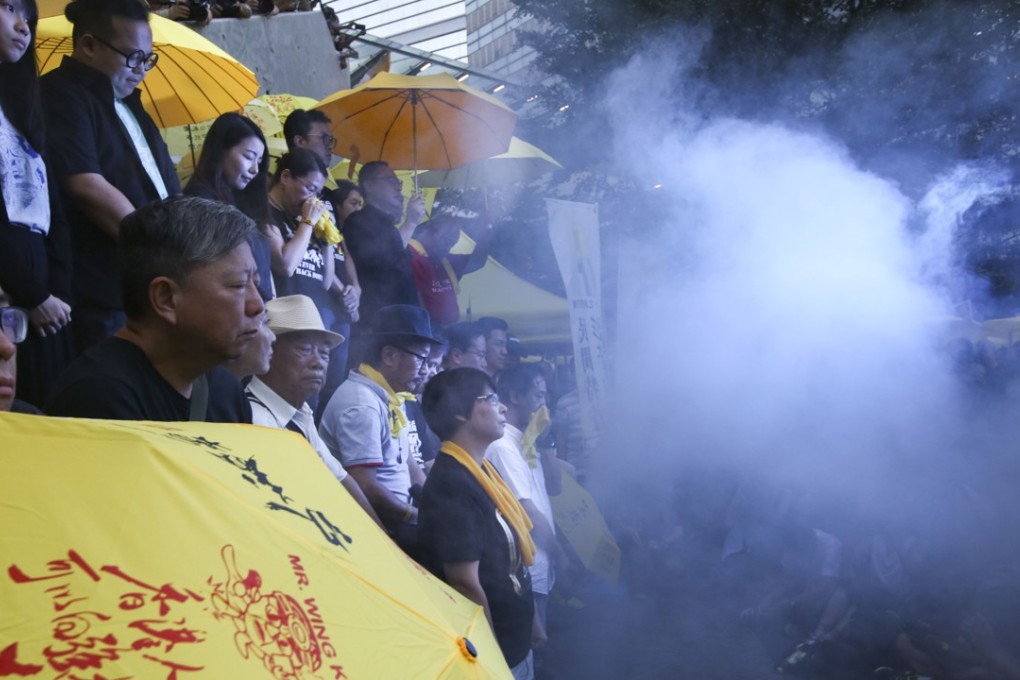My Take | Division, that’s the real legacy of Hong Kong’s Occupy movement
Our differences are built into the very categories with which we think about news events, and the very language we use to talk to, and more often shout at, each other

Benny Tai Yiu-ting said “civic awakening” had been the greatest legacy of the Occupy protests three years ago.
A co-founder of the Occupy Central movement, the legal scholar made his remark during a gathering of hundreds to mark the start of the event that brought Hong Kong to a standstill for 79 days.
Tai is probably right. But beyond the rhetoric, the more interesting and relevant question is what the people of Hong Kong have “awakened” to.
There are now broadly two metanarratives, the yellow and the blue versions, through which virtually every political and even social development is seen.
You call it awakening, I call it polarisation.
So, depending on whether you are yellow or blue, the recent jailing of activists is either political persecution or a well-deserved reckoning. Those jailed are either prisoners of conscience or troublemakers.
